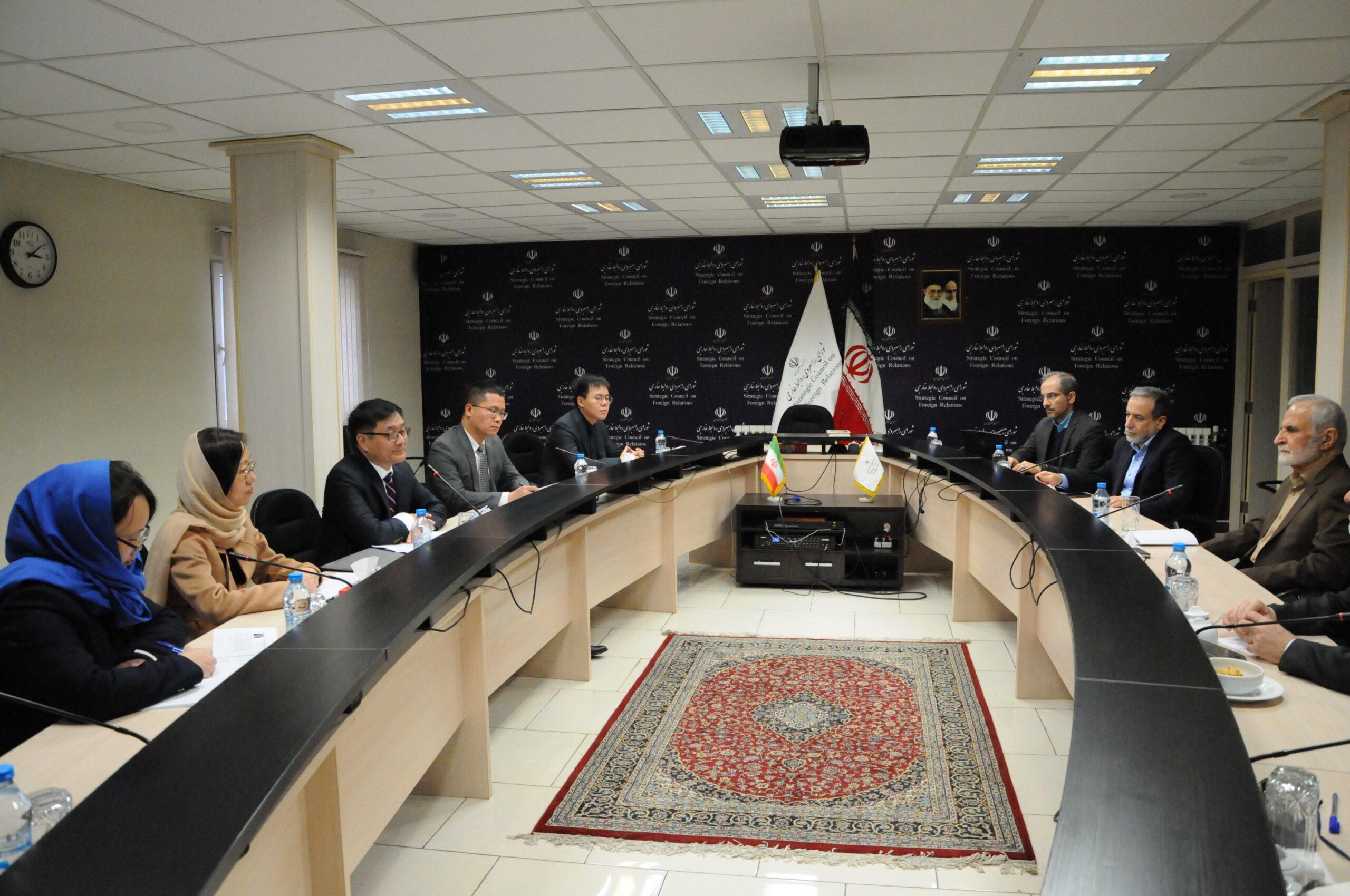Dr. Seyed Kamal Kharazi, in his meeting with Yue Xiaoyang, China’s Special Envoy on Afghan affairs, which was held last evening at the Strategic Council on Foreign Relations, said, while paying attention to Afghanistan’s internal problems, we need to prevent the activities of terrorist and extremist groups in that country that will evidently affect national security of its neighbors.
Dr. Kharazi welcomed the meetings of the foreign ministers of Afghanistan’ neighboring countries and the consultations held in these meetings. He emphasized the need to support the people of Afghanistan, adding that the threats of terrorism are not only against Afghanistan, but also against all its neighboring countries and it is necessary to find a collective solution to deal with those threats.
In this meeting, the head of the Strategic Council on Foreign Relations also explained Iran’s strategic policy towards Afghanistan and emphasized the necessity of strategic cooperation between Iran and China, especially given the two countries’ interest in expanding regional cooperation.
In this meeting, Xiaoyang explained his country’s policy and concerns towards Afghanistan and Beijing’s support for security and stability in that country. He pointed to the recent visit of the President of the Islamic Republic of Iran to China and clarified that Tehran and Beijing share common interests and a similar policy on Afghanistan as well as major international issues.










0 Comments